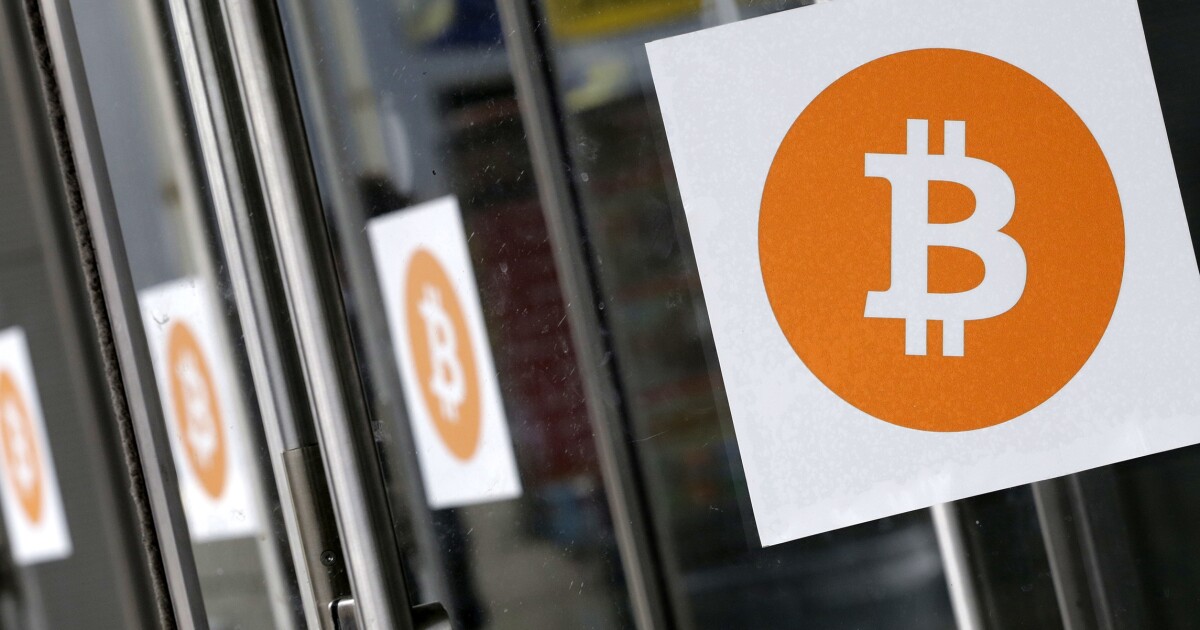

The Treasury Department intends to recommend that the federal government begin moving toward developing a digital dollar, allowing the United States to take significant steps toward adapting to the growing crypto industry and strengthening the dollar’s dominance in competing with China.
The establishment of a government-created digital token compatible with the cryptocurrency marketplace would occur if either the legislative or executive branches of government deemed them to be of “national interest,” according to CoinDesk. The report comes as the Treasury Department works on finalizing its report on crypto assets, which will elaborate on what actions the U.S. should consider to adapt to the economy, including the possibility of a central bank digital currency.
HEALTH GROUPS WARN ‘CONFUSING’ POST-ROE LAWS THREATEN ACCESS TO CERTAIN DRUGS
If the federal government does issue a central bank digital currency, it would have to be approved by the Federal Reserve Board of Governors, which has been studying the possibilities of such technology since January. The Department of Justice will also determine whether such a currency needs a new law once it issues its crypto report.
President Joe Biden issued an executive order in March requesting crypto recommendations from multiple agencies in the federal government. The Treasury Department is expected to release the “Future of Money” report in the coming weeks. While the report won’t offer an endorsement, it will provide ideas for how the digital dollar could be designed, according to people involved with the project.
The White House has also pushed to restrict crypto mining — that is, when high-powered computers are used to verify virtual coin transactions. Bitcoin, for example, operates on what is known as a blockchain, essentially a public ledger that contains the history of every transaction. The miners’ computers solve complicated math problems in order to add new blocks to the chain and are in turn rewarded with the digital token, making the endeavor profitable.
A White House Office of Science and Technology Policy report recommended that lawmakers consider implementing legal limitations on crypto mining due to the energy use and pollution associated with it. While this would significantly affect traditional bitcoin mining, other currencies such as ethereum have swapped to less energy-intensive technologies.
Congress has been seeking to increase regulations on the crypto industry, including efforts by the House Committee on Financial Services to regulate stablecoins, or currencies whose value is fixed based on some underlying asset, such as the dollar. However, the committee delayed the efforts until after the August recess and has yet to release additional details about the legislation.
CLICK HERE TO READ MORE FROM THE WASHINGTON EXAMINER
The Treasury Department sanctioned Tornado Cash on Aug. 8, a virtual protocol used to send cryptocurrency and get it back via different addresses, over North Korean hackers using the service to hide stolen cryptocurrency.
The Treasury Department did not respond to a request for comment.







